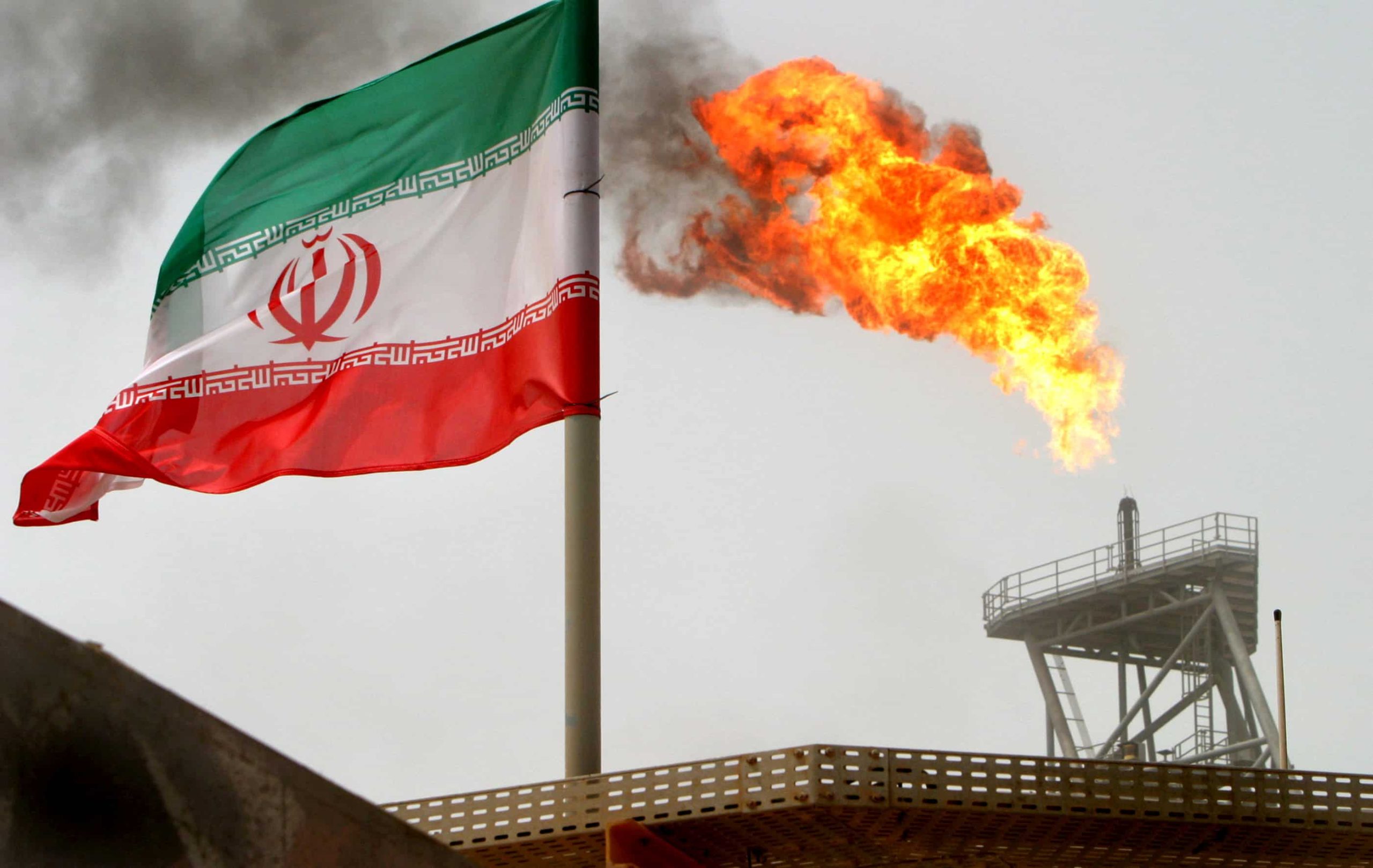Overview
The recent measure passed by the US House of Representatives aims to impose stricter sanctions on Iranian crude oil exports, impacting foreign ports, vessels, and refineries involved in the trade. This legislation poses challenges for US President Joe Biden as he navigates geopolitical concerns and domestic economic interests.
Implications of the Legislation
- Broader restrictions on Iran’s oil exports
- Potential impact on global oil supplies and prices
- Efforts to curtail China’s reliance on Iranian oil
Biden’s Strategy
Analysts anticipate that President Biden will use waiver authority to prevent significant disruptions to global oil markets and mitigate potential price hikes. Drawing parallels with previous approaches to sanctions, Biden is expected to prioritize stability in oil markets and minimize adverse effects on American consumers.
Market Outlook
Despite the legislation’s implications, oil market observers remain cautiously optimistic, expecting minimal immediate impact on oil markets. Brent crude prices, sensitive to supply constraints, indicate ongoing market volatility.
Estimated Impact
ClearView Energy Partners estimates that the new sanctions could potentially increase global oil prices by up to $8.40 per barrel, posing challenges for the Biden administration amidst concerns over rising fuel costs.
Enforcement and Considerations
While the legislation introduces risks for entities involved in Iranian oil transactions, waivers provide flexibility for Biden to manage unintended consequences. Analysts suggest that enforcement may be influenced by geopolitical factors and the importance of maintaining alliances.
Political Risks
The administration’s approach to sanctions enforcement, as highlighted by Fernando Ferreira of Rapidan Energy Group, may see a modest reduction in Iranian oil imports. However, increased Iranian aggression could complicate Biden’s stance and elevate political risks associated with sanctions waivers.
















































